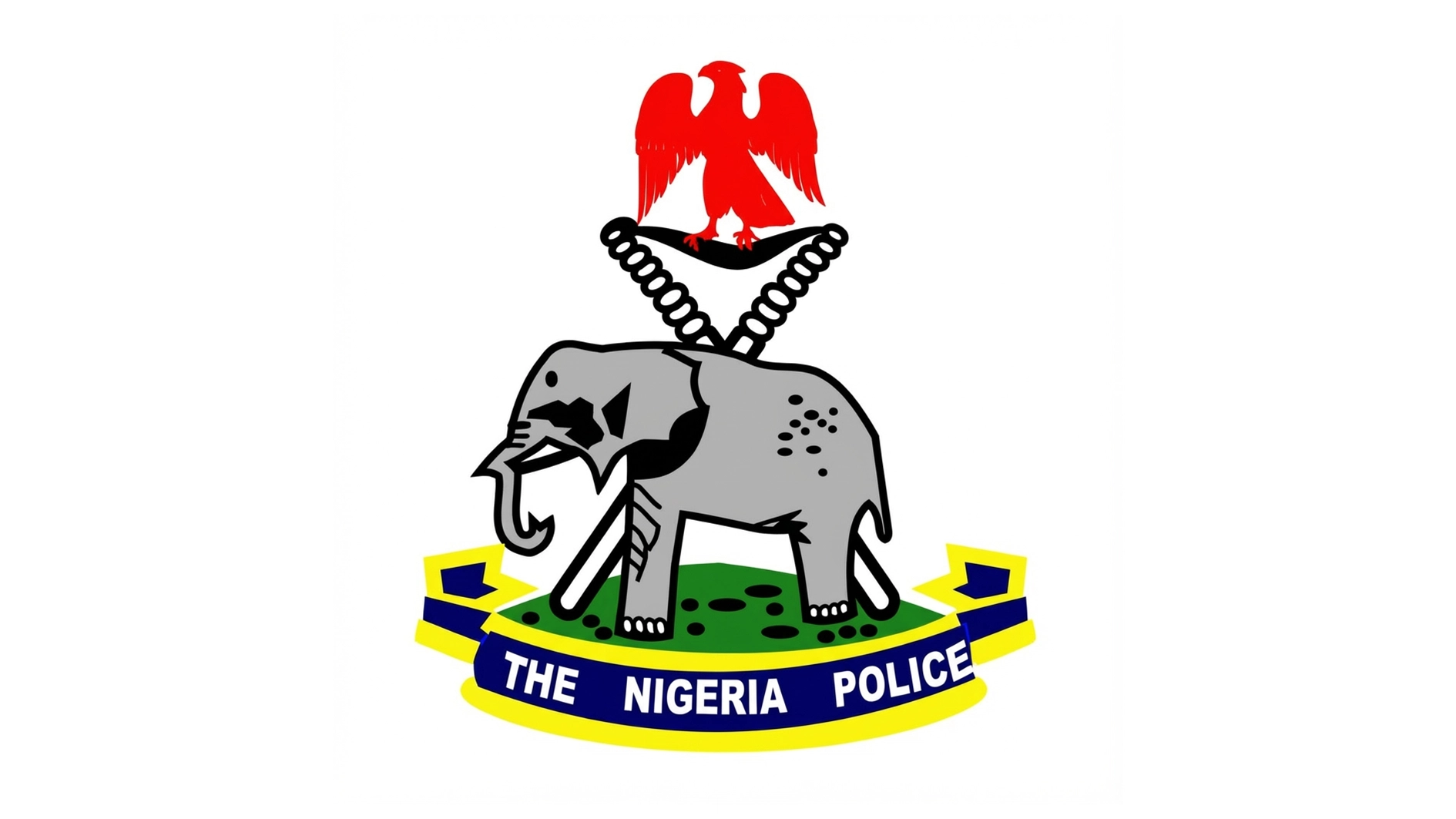
• Sharia council rejects tech-driven tax collection as stakeholders push for passage of reform bills
• Panel walks out Kyari for failing to submit presentation
As the National Assembly considers the tax reform bills, the Kano State Government has cautioned against breach of the Federal Character principle enshrined in the Constitution.
Similarly, the Supreme Council for Sharia in Nigeria (SCSN) called for the postponement of technology-driven tax collection measures as contained in the bill, saying that Nigeria is not yet ready for such an overhaul.
For not submitting his amended presentation, Group Chief Executive Officer (GCEO) of Nigerian national Petroleum Company Limited (NNPCL), Mele Kyari, was walked out of the public hearing, yesterday.
Prof. Auwalu Yadudu, who spoke on behalf of Kano people in a presentation to the Sen James Faleke-led committee, argued that the proposal to appoint six persons representing the six geopolitical zones of the country was tantamount to denying the 36 states of the federation and the Federal Capital Territory (FCT) the opportunity to be represented on the proposed National Revenue Service Board (NRSB).
Yadudu, a Law tutor at the Bayero University Kano (BUK), also questioned the legality of establishing revenue service boards for the states and local councils across the country. He contended that it was not acceptable in Islam to impose tax on properties inherited by Muslims from their deceased parents and relatives.
The former legal adviser to the late Head of State, Sani Abacha, argued that since Section 275 of the Constitution permits state governments to administer their citizens in line with the dictates of the Sharia Law, it would have been advisable to leave such discretionary powers to the states governments to exercise.
SCSN, represented by a lecturer at Ahmadu Bello University (ABU), Zaria, Ahmed Dogarawa, argued that the proposed fiscalisation provisions could impose undue burdens on the average taxpayer.
Dogarawa maintained that the proposed reforms should be fair, practical and aligned with Nigeria’s economic realities. According to him, the proposal in the Nigeria Tax Administration Bill mandates the adoption of advanced technology for tax assessment and collection.
Referencing Sections 23, 69 and 98 of the bill, he warned that rushing into the system would crucify the average Nigerian, many of whom he said lack the necessary skills and technological know-how to comply with digital Value-Added Tax (VAT) returns.
He said similar experiments in Lagos State raised red flags over data credibility and administrative complications. The council recommended deletion of the sections related to fiscalisation or introduction of a moratorium of five to 10 years, during which time the Federal Inland Revenue Service (FIRS) and other relevant agencies could build the requisite capacity.
Meanwhile, a brief drama ensued during the hearing, when Faleke invited Kyari to deliver its presentation. The NNPCL GCEO stepped forward, ascended the podium and began to address the gathering.
However, his address was interrupted by Faleke, who asked if he had submitted his proposal to the committee. Kyari responded that the updated document would be submitted later, and attempted to continue his presentation. But his explanation was rejected by Faleke, who said the NNPCL boss could make his presentation today or Friday when his proposal might have been ready, leaving no room for negotiation.
With his presentation abruptly halted, Kyari stepped down from the podium and exited the venue.
The NLNG, while expressing support for the tax bill, stressed the need to consider exports from Nigeria zero-rated, so they could be competitive globally. NLNG Manager on Tax and Financial System, Clement Okoro, remarked that since contract agreements had already been subjected to VAT, it should also be applicable to stamp duty to avoid double taxation.
Okoro called on the lawmakers to ensure that executive orders were reflected in the tax bills to avoid ambiguity as regards referral of claim to capital allowances.
Among others, he called for the reflection of Section 231 of the Company Income Tax (CIT), which granted tax waivers into the tax bill since there’s a need to attract foreign exchange.
Earlier, the Speaker, House of Representatives, Tajudeen Abbas, decried Nigeria’s six per cent tax to Gross Domestic Product (GDP) ratio despite its status as Africa’s largest economy. He said the ratio was far below the global average and the World Bank’s minimum benchmark of 15 per cent for sustainable development.
Represented by the House Leader, Julius Ihonvhere, the Speaker stressed the need to address the challenge as part of ongoing effort to reduce reliance on debt financing, ensure fiscal stability, and secure Nigeria’s future as a nation.
Chairman of the Senate Committee, Faleke (APC-Lagos), stressed the need for urgent tax reforms in the country. He recalled that in 2023, data from the International Monetary Fund (IMF) showed that Nigeria’s tax-to-GDP ratio was approximately 9.4 per cent compared to South Africa’s 21.6 per cent, Senegal’s 19.1 per cent and Kenya’s 14.1 per cent.
He noted that in 2023, the total taxes or levies collected by the federal, state and local governments amounted to N26.03 trillion. Faleke said the Joint Tax Board (JTB) only stated that about 35 million Nigerians pay tax, while only nine per cent of companies registered in the country were captured in the tax net.






